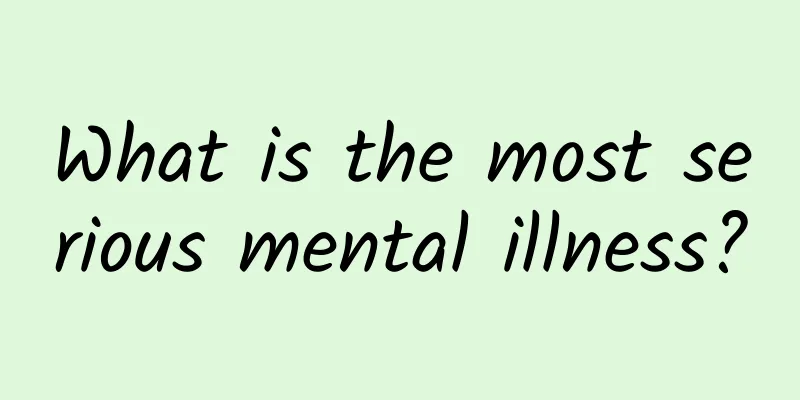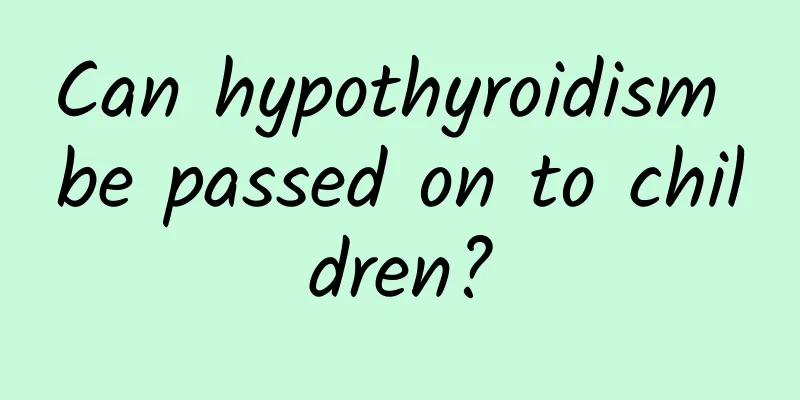Are heartbeat and pulse the same?

|
Heartbeat refers to the beating of the heart. The heartbeat rate of healthy people is generally between 60 and 100 times per minute. If it exceeds this range, it means that the human heartbeat is too fast, and if it is lower than this range, it is bradycardia. When the human body is in a working state, the heartbeat speed will be very fast, and the heartbeat speed of a newborn is higher than that of an adult. So are heartbeat and pulse the same? First, are heartbeat and pulse the same? Yes. In fact, under normal circumstances, the pulse and heartbeat are synchronized. The pulse beats every time the heart beats. If there is any problem with the heart, the pulse and heartbeat may be out of sync, such as arrhythmia. So this indicates that it is relatively healthier when the pulse and heartbeat are consistent. If they are inconsistent, there must be a problem with the heart, and timely medical diagnosis and treatment are needed. Second, the heart rate will vary according to individual differences. It is normal for a child's heart rate to be relatively faster. If you want to test your heart rate, don't do it during intense exercise or when your emotions are fluctuating greatly. The heart rate at this time will be inaccurate. It is best to rest quietly for about ten minutes to calm yourself down. Only then can you measure the most accurate heart rate. Third, pulse is the regular pulsation that people feel by touching the arteries on the surface of the body. The driving force behind the pulsation of arteries is the heart. The heart is like a bicycle pump. When it contracts, it presses blood into the arteries, producing pulsation. When it relaxes, it receives blood pumped out of the arteries and returns to the heart through the body's vascular network. In this cyclical cycle, the heart contracts and relaxes rhythmically, forming a pulse. Are heartbeat and pulse the same? Yes, the strength and speed of a normal person's pulse are mainly related to the heart's pumping force, blood vessel elasticity, body circulation blood volume and heart rate. A normal person's heart rate slows down when resting, and at night it can slow to about 40-50 beats per minute. When you have a fever, exercise, are nervous or excited, the heart's contraction force increases, the heart rate speeds up, and the pulse naturally strengthens. An abnormally increased heart rate may occur under some pathological conditions, such as massive bleeding, hyperthyroidism, supraventricular tachycardia and ventricular tachycardia caused by various reasons, atrial fibrillation, etc. Sometimes the heart rate can even reach more than 200 beats per minute, and the pulse will also accelerate. |
<<: TCM Treatment of Fatty Liver
>>: Is pulse the same as heart rate?
Recommend
I have a period and I have blood clots
Women who are menstruating will feel particularly...
Treatment of pharyngeal schwannoma, the symptoms are like this
Some patients always feel a foreign body sensatio...
What causes pharyngitis cough and how to say goodbye to pharyngitis?
Cough is a common symptom and can be seen in many...
What diseases can smoking cause? These 6 are the most common
It is well known that smoking is harmful to healt...
What causes polio?
What we often call polio is medically known as po...
Advantages and disadvantages of eardrum tube placement
There are advantages and disadvantages to eardrum...
Pictures of Patchouli
Patchouli is a natural woody plant. Its herb can ...
You can tell what you are thinking from your sleeping posture: sleeping with your legs spread out shows no scheming!
Sleeping is the time when everyone is most relaxe...
Effects of Huoxiang Zhengqi Tablets
What is the effect of Huoxiang Zhengqi tablets? I...
Reasons for delayed implantation of transplanted fresh embryos
The time of embryo implantation is not fixed and ...
The difference between the effects of Citrus aurantium and Citrus aurantium
Lime, a Rutaceae plant, is a very important plant...
The main components of blood lipids
Blood lipids, as the name suggests, are actually ...
What are the treatments for atrial fibrillation?
The atrium is a relatively delicate structural sp...
What to do if the veins are blocked?
Veins are one of the most important parts of the ...
Is Oyster Ginseng Herb Effective?
Oyster grass is not a plant, it is a very popular...









